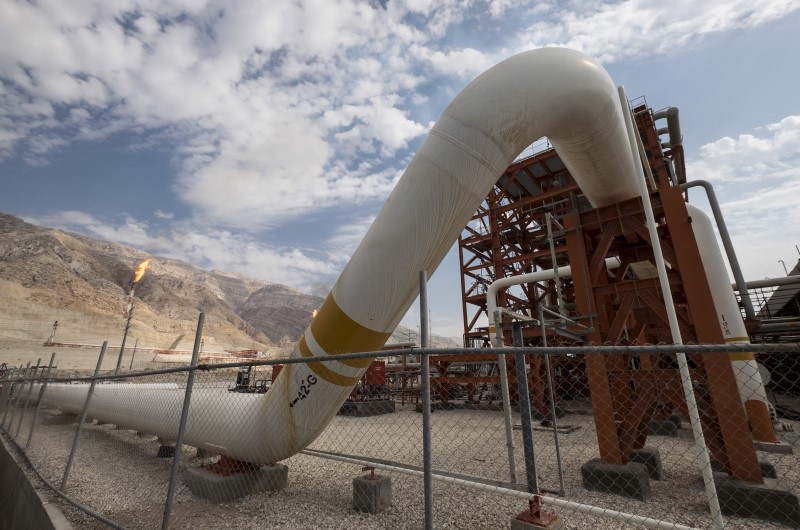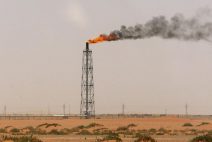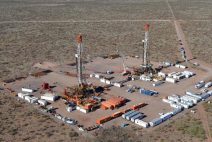OPEC and Russia agreed to slightly ease their deep oil output cuts from January by 500,000 barrels per day but failed to find a compromise on a broader and longer term policy for the rest of next year.
The increase means the Organization of the Petroleum Exporting Countries and Russia, a group known as OPEC+, would move to cutting production by 7.2 million bpd, or 7% of global demand from January, compared with current cuts of 7.7 million bpd.
The curbs are being implemented to tackle weak oil demand amid a second coronavirus wave.
OPEC+ had been expected to extend existing cuts until at least March, after backing down from earlier plans to boost output by 2 million bpd.
But after hopes for a speedy approval of anti-virus vaccines spurred an oil price rally at the end of November, several producers started questioning the need to keep such a tight rein on oil policy, as advocated by OPEC leader Saudi Arabia.
OPEC+ sources have said Russia, Iraq, Nigeria and the United Arab Emirates have all to a certain extent expressed interest in supplying the market with more oil in 2021.
Russian Deputy Prime Minister Alexander Novak said the group would now gather every month to decide on output policies beyond January with monthly increases not exceeding 500,000 bpd.
“This is a good decision as it allows us to stop and pause and review what needs to be done in order not to hurt the market,” Novak said.
Novak said compensatory cuts for countries which overproduced in previous months had been extended until March 2021.






















